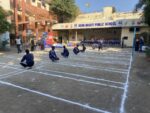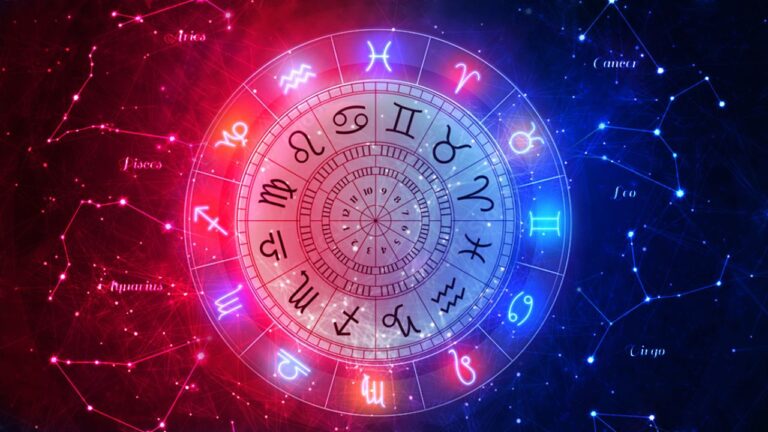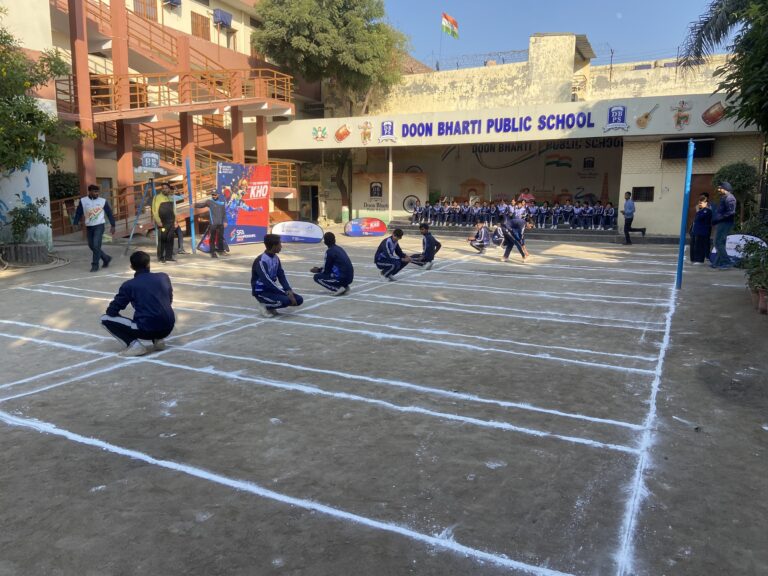The deaths were preventable, doctors say, if poor families had access to good food, clean water and better medical care in Muzaffarpur district, 80 km (50 miles) from the state capital Patna.
The epidemic has sparked a debate over growing inequality in India and focused attention on a free healthcare scheme for the poor – known as “Modicare” after Prime Minister Narendra Modi – eight months after it was launched.
Encephalitis, also called the brain fever, has afflicted more than 600 children across 16 districts of Bihar of which 142 have lost their lives since the beginning of this month.

The precise causes of AES, which killed more than 350 in Bihar in 2014, are not known, though a majority of medical professionals say it is linked to a ferocious heat-wave that has gripped Bihar for the last month.
Some studies have blamed toxins in lychees, a fruit grown in abundance in orchards around Muzaffarpur, though many families told Reuters their children had not eaten them in recent weeks.
The victims come from poor families who often suffer from malnutrition and dehydration, doctors in Muzaffarpur said.
If caught quickly, AES patients can often recover with simple rehydration treatment, doctors said, but delayed care can lead to convulsions and eventual death.


















